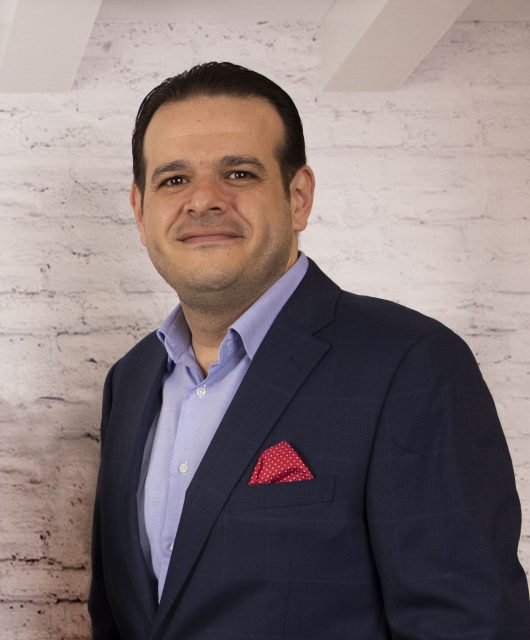Five Ingredients To Building A Strong Brand In 2023 And Beyond, By Etihad’s Aishwarya Nambiar
The world’s most successful companies have one factor in common, a powerful brand.

We all interact with multiple brands, some that are essential to our daily lives and others we see on social media. Between all this, how many brands do we actually remember? I’m certain it’s just a handful and, in most likelihood, only the ones that add value to our life. So, how can we build a brand that consumers remember, a brand they love and talk about? A simple task? No.
The world is constantly evolving and so are consumers. From AI, Web3, ChatGPT to GenZ trends, innovation and growth is infinite. It’s a challenging time for brand marketers as we learn to navigate economic uncertainties, the ever-changing consumer needs, and the competitive landscape. But if we can ensure our brand stays relevant, then the opportunities are huge. Here is my take on the key ingredients that can help build a strong and relevant brand.
Brand purpose: Another article on brand purpose? Yes – why? Simple – many brands still don’t have a purpose. Conscious consumers are changing the way markets work. They want to associate with brands that stands for a cause, one that is making a positive impact to the world. A brand purpose needs to go beyond revenue and profits – it’s why brands exist. And when you determine the brand purpose, make sure to have senior management endorsement and a plan to operationalise it across the business. Brands with a strong purpose include Patagonia, Dove and Nike. We love and admire them because they stood true to their brand purpose for years. Let’s take inspiration from them.
Brand positioning: With intense competition in every industry, if you want your brand to stand out, brand positioning is important. Ask yourself what differentiates your brand from competition and how do you want the brand to be positioned in the mind of the customer? Let’s take Volvo as an example. What comes to mind first? More than likely, safety. They’ve worked hard to solidify their safety brand positioning, and their stance over the last 70 years hasn’t changed. Consistently and effectively, they tell us how a million lives have been saved, and the risk of being seriously injured in a Volvo is reduced. So, when you’re thinking of brand positioning, find that one factor that makes your brand unique and credible.
Brand personality: We all have a unique personality and so should every brand. Brands with a distinct personality include Tiffany & Co, Coco Cola and Virgin Australia. Tiffany is elegant, classy and sophisticated and their marketing reflects this personality. When you think about Coco Cola, you instantly remember a brand that spreads joy, excitement and optimism through their colours, packaging, and campaigns. Virgin Australia on the other hand is quirky, edgy and fun. Our task as brand marketers is to make our brand interesting. Just like people, a brand without a personality is boring and won’t appeal to the audience. So, what is your brand’s personality? Let’s get thinking.
Brand identity: This is the fun part of the brand strategy – defining the branding. The key is to ensure that the brand identity aligns with the brand positioning and brand personality. Here we look at the logo, colours, font, images, templates, music and voice of the brand. Once the branding elements are confirmed, ensure you apply them across all touchpoints to drive consistency and brand recognition. I would like to emphasize that audio branding (music and voice) is equally important as your visual branding. Together, it drives a consistent experience. When you think of McDonalds, we recognise their colours, logo and even their audio branding. So, make sure your brand identity has unique elements and they are used consistently time and again.
Brand storytelling: In a highly automated, digitally driven world, it’s even more important for us to connect with our audiences in the most authentic way, by creating a genuine human connection between the brand and its consumers. How many of us want to see another picture-perfect social post where a brand talks about how good their product is? No one. In an extremely cluttered marketplace, there is a sea of sameness when it comes to content. Try to tell a brand story consumers can relate to, one that feels thoughtful, evokes an emotional connection, and one that goes beyond just the product. Take inspiration from brands like Apple and Disneyland whose stories we have loved for years.
So, whether you work for a startup brand, a young brand, or an established brand, the above ingredients are vital in enabling you to build a brand that your consumers will love, talk about and recommend.





